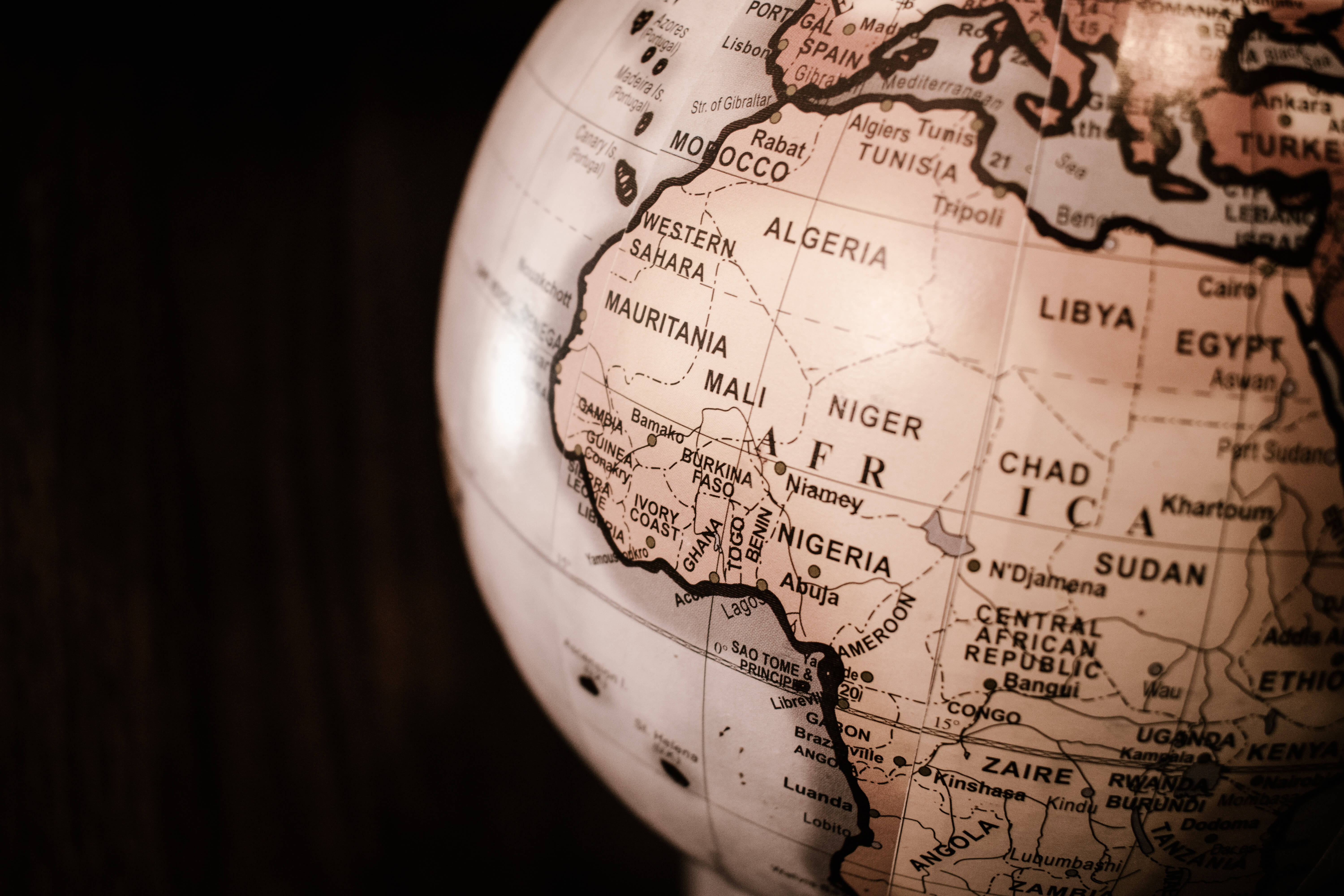In response to Vice President Kamala Harris’s call for the private sector to boost climate resilience, adaptation, and mitigation across Africa, private organizations have committed over $7 billion in new investments. These investments, coupled with the U.S. Government’s additional funding and initiatives, are designed to expand access to climate information services and bolster climate resilience and adaptation on the continent.
As African nations face increasing food security challenges due to the climate crisis, these investments will help over 116 million farmers and promote climate-smart agriculture. In addition, this collaboration between the U.S. and Africa demonstrates America’s commitment to partnering with African governments, citizens, and the private sector to achieve climate adaptation, resilience, clean energy access, and just energy transition goals.
Despite contributing minimally to the climate crisis, African nations suffer disproportionately from its impacts. The Biden-Harris Administration acknowledges that addressing the climate crisis in Africa requires a united effort, forging new coalitions between the U.S. government, African governments, civil society, and the private sector.
In line with this objective, 27 private sector and philanthropic commitments have been announced to support farmers, climate-smart agriculture, sustainability, clean energy, and clean transportation. These commitments include Pula, an agricultural insurance and technology company, pledging to provide up to $20 billion in insurance coverage to 100 million smallholder farmers across sub-Saharan Africa by 2026. Similarly, Mastercard has committed to increasing access to its Community Pass platform for 15 million African farmers by 2027.
Other notable commitments include SunCulture’s $100 million private capital mobilization for smallholder farmer solar irrigation in Kenya; the Africa Finance Corporation’s $510 million investment for the Infrastructure Climate Resilience Fund (ICRF); and CrossBoundary Energy’s $500 million commitment to clean energy solutions for African businesses over the next two years.
The Coalition for Climate Entrepreneurship (CCE) has committed over $200 million to identify and support emerging sustainability entrepreneurs in Africa. At the same time, Roam, an electric vehicle company from Kenya, aims to raise and invest $150 million to scale up affordable electric motorcycles and public transit solutions.
Vice President Harris’s announcements in Ghana, Tanzania, and Zambia are complemented by the National Oceanic and Atmospheric Association’s (NOAA) commitment to the Group on Earth Observations Global Water Sustainability Initiative (GEOGloWS) and USAID’s $10 million investment in weather stations and capacity building in sub-Saharan Africa.
Further investments in youth, healthcare facilities electrification, energy for agriculture, and women in energy, among others, will contribute to increased energy access and improved living standards in underserved communities. The U.S. Trade and Development Agency (USTDA) will also host a U.S.-Africa Climate Innovation Week to facilitate the development of climate resilience and adaptation projects in Africa.
With these combined efforts, the United States and Africa are taking significant steps to combat the climate crisis and create a more sustainable future for the African continent.
Photo by James Wiseman on Unsplash



8 Comments